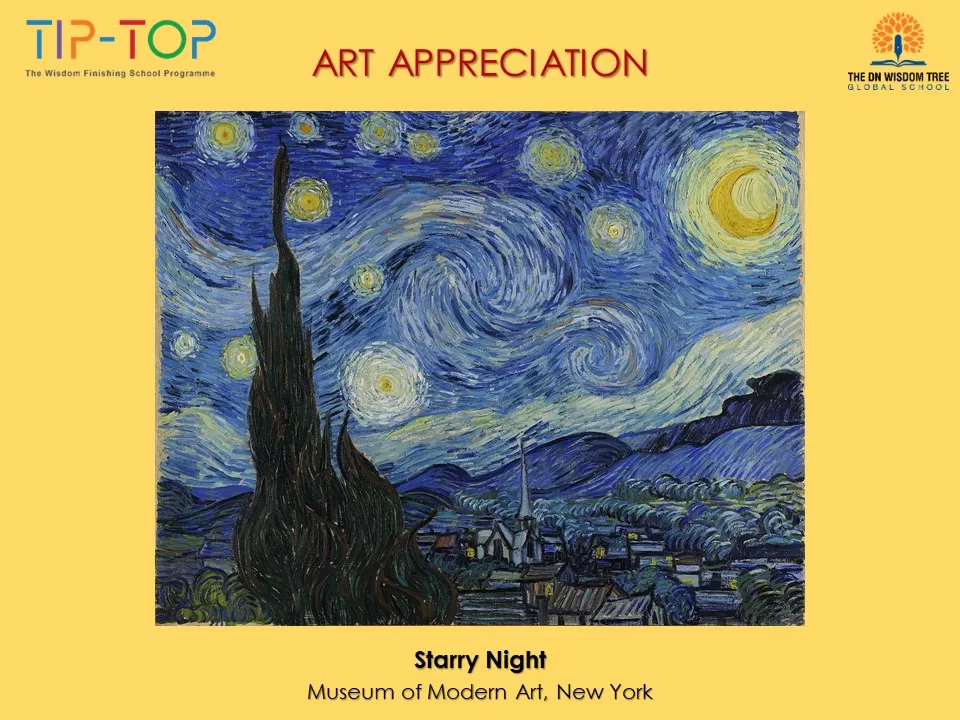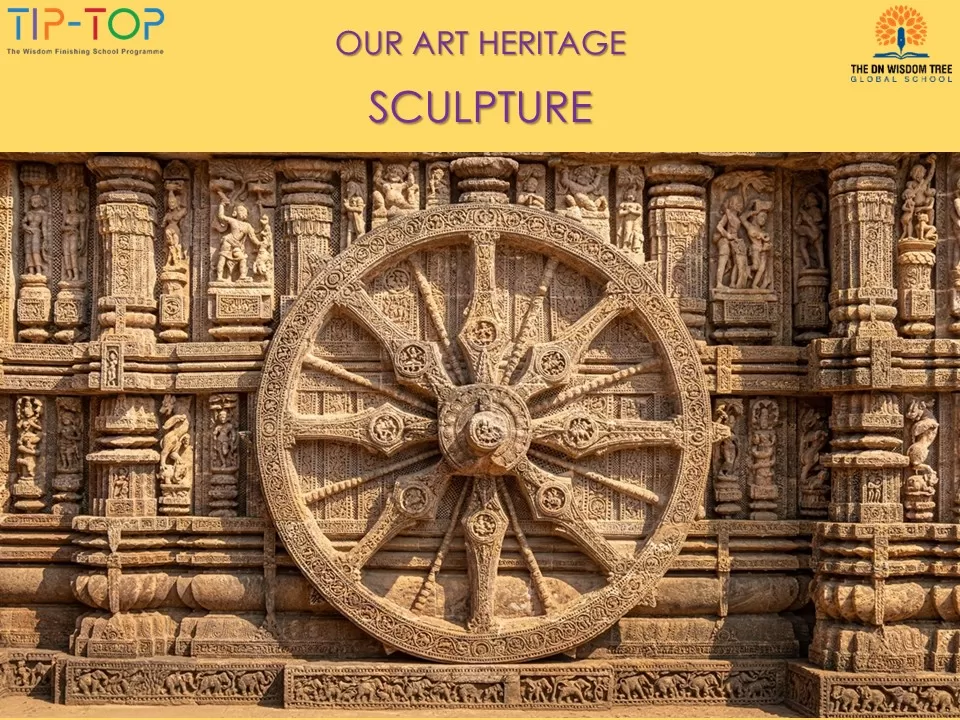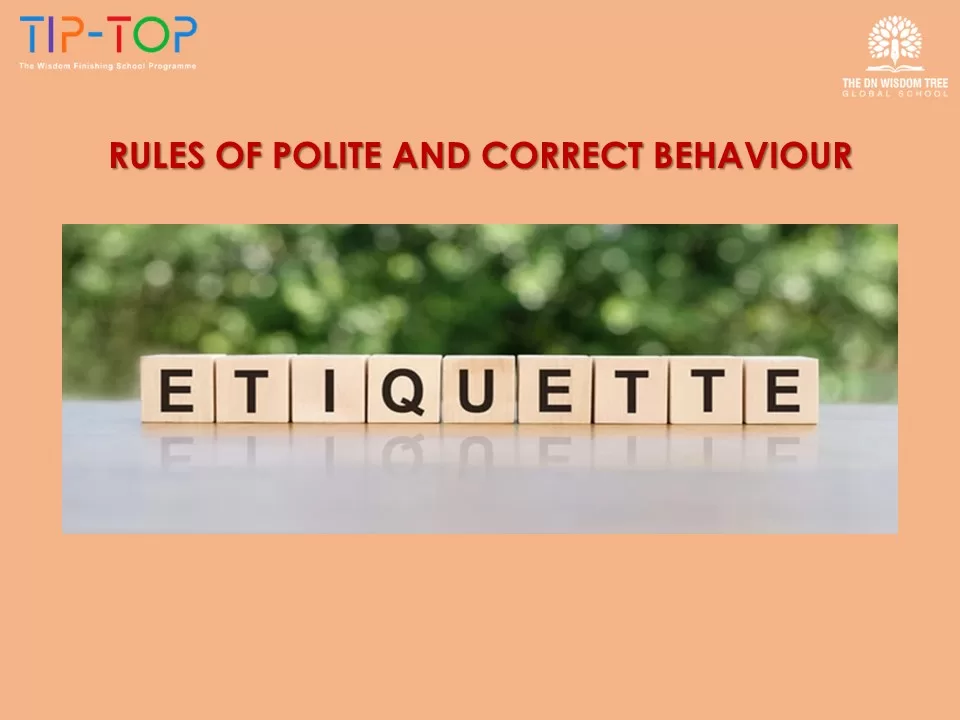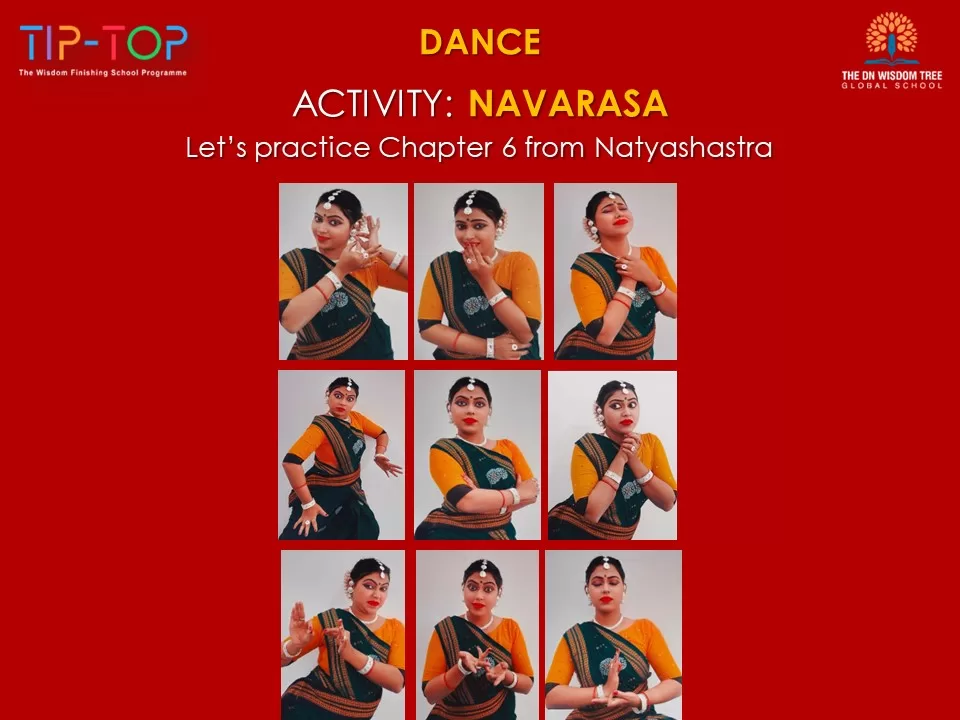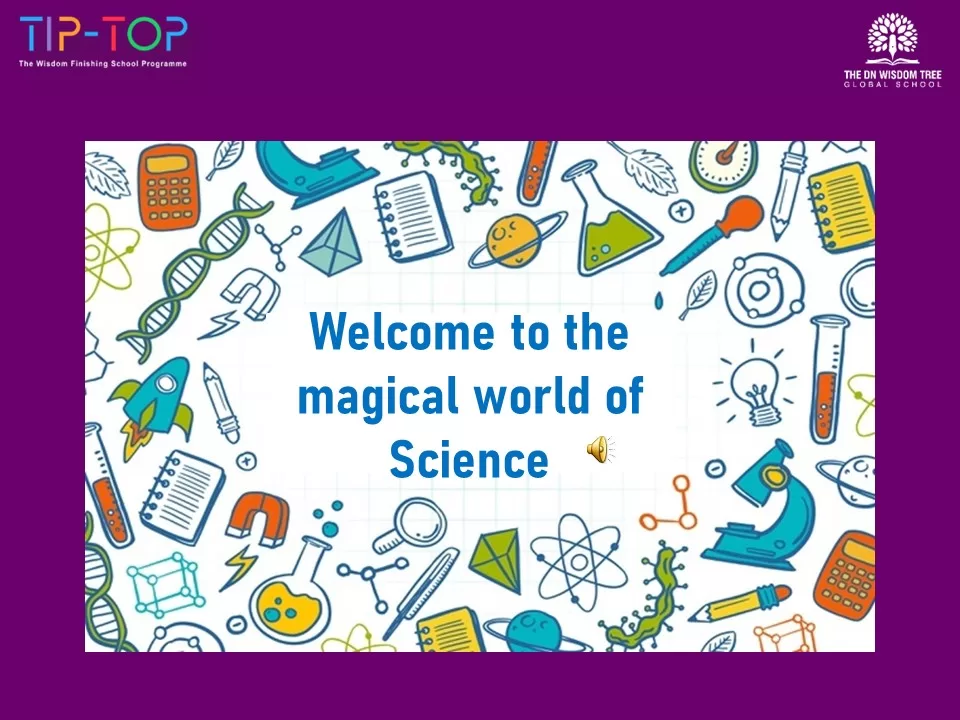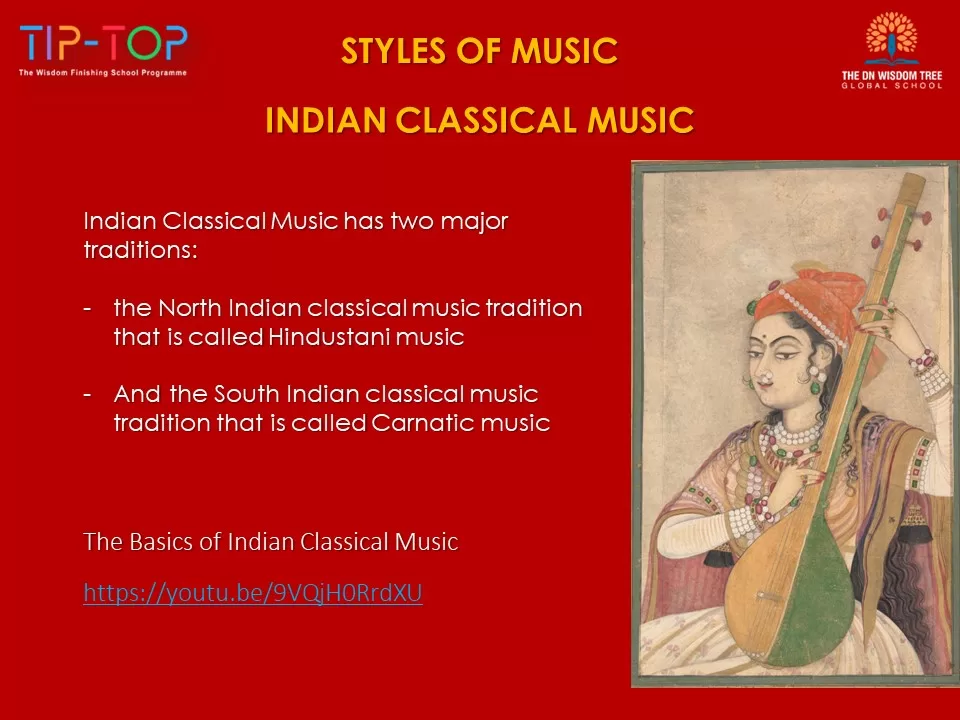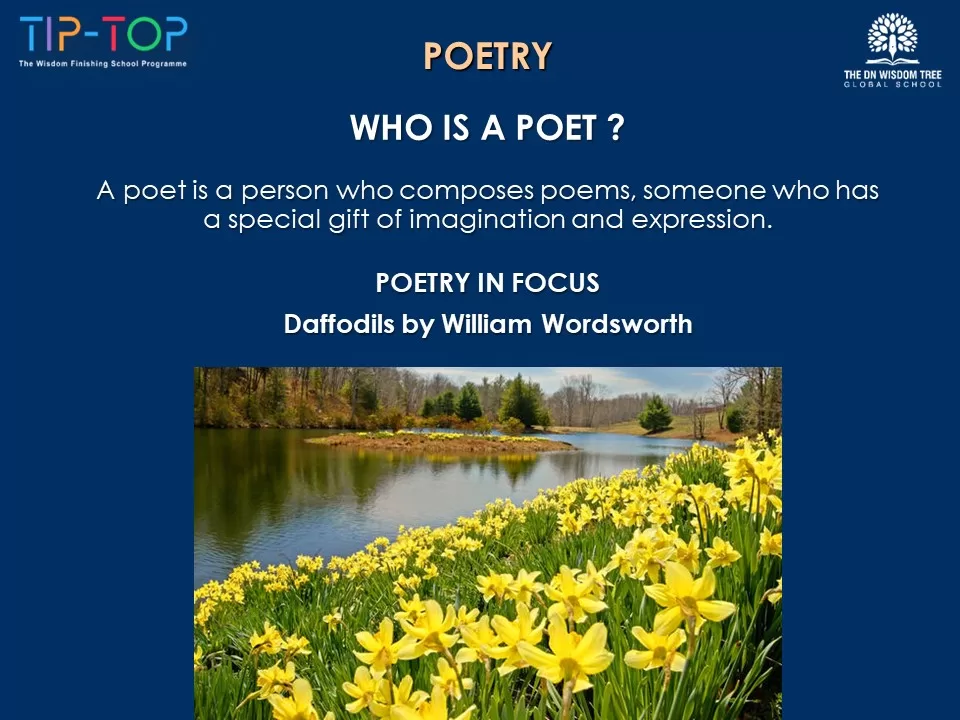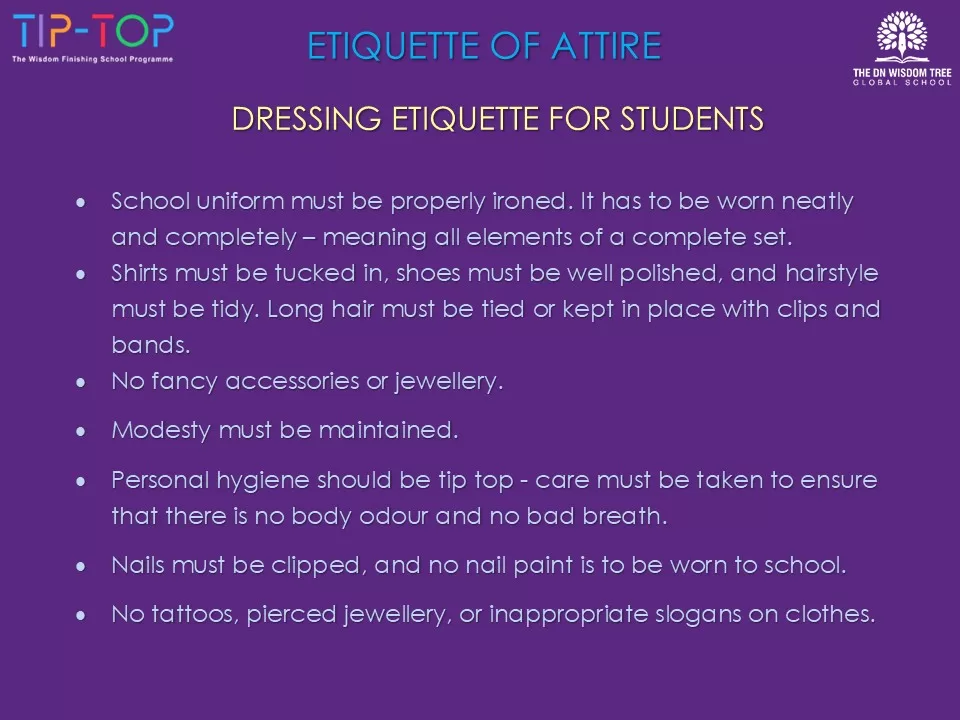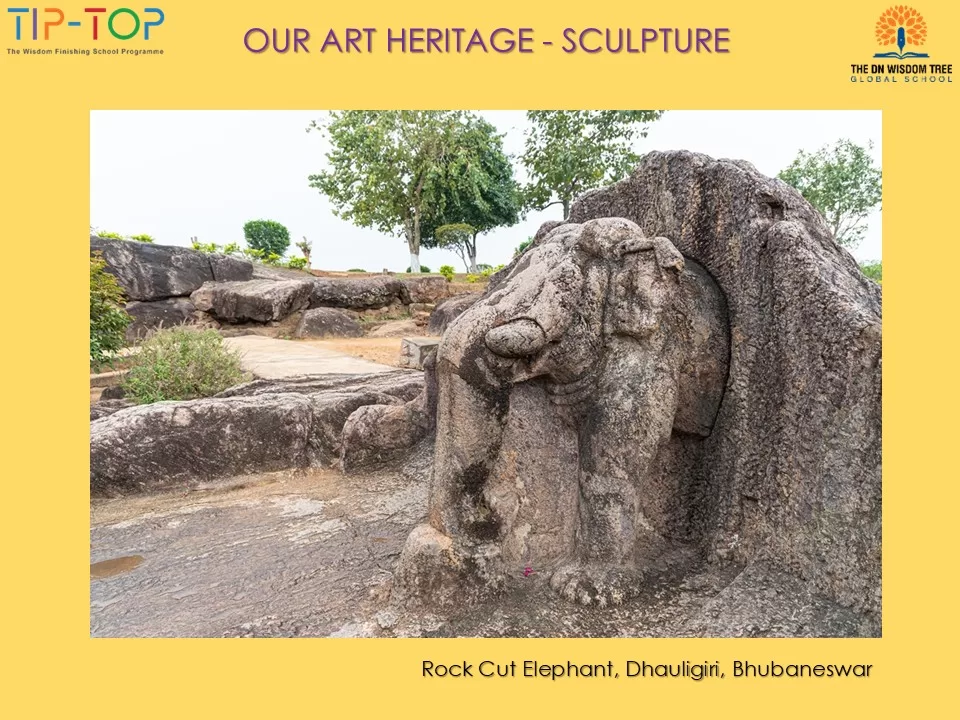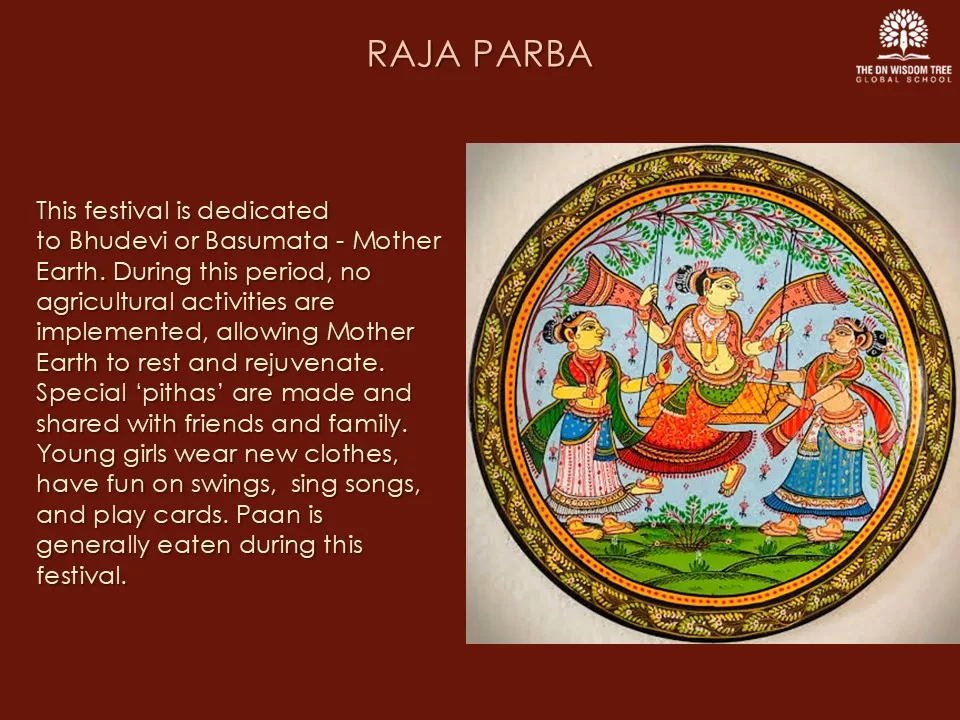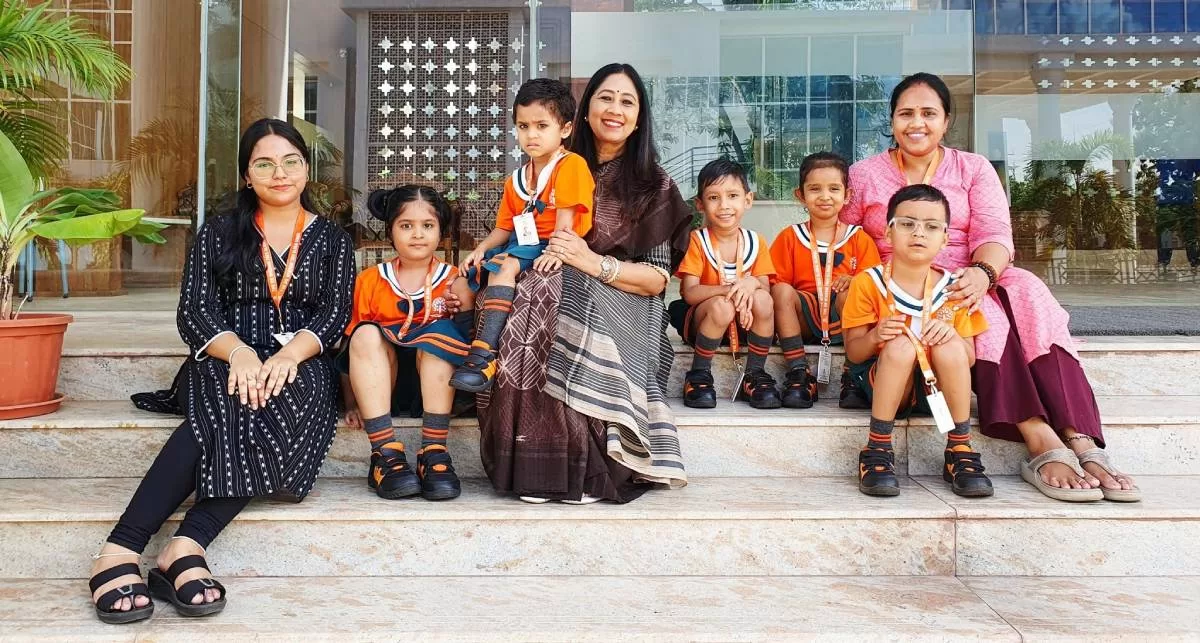
As the National Education Policy (NEP) 2020 marks its fifth anniversary, celebrated for its inclusive vision and transformative goals, it’s pertinent to acknowledge the quiet revolution that predated its formal rollout. Two years before the NEP 2020 sought to reshape Indian education, Bhubaneswar became the crucible for an educational experiment that was both bold and prescient.
At its heart was Panchami Manoo Ukil, Vice-Chairperson of The DN Wisdom Tree Global School, whose unwavering conviction laid the groundwork for a unique pedagogical approach, an approach that aligned perfectly with the progressive ideals of the NEP, but was executed earlier.
In 2018, when the traditional educational landscape was firmly entrenched in conventional learning models, Panchami Manoo Ukil embarked on a mission to redefine school education. Her vision for The DN Wisdom Tree Global School was rooted in the belief that true learning transcends textbooks and rote memorization. She envisioned a curriculum that seamlessly integrated Indian Knowledge Systems, Indian Culture and Heritage, Indian Value Systems, Life Skills, Environment Stewardship, and Inclusion with mainstream learning pedagogies. This was not merely an addition but a fundamental intertwining, designed to nurture well-rounded individuals equipped with 21st-century skills, empathy, wisdom, and resilience.
This forward-thinking approach was, in many ways, an astute pre-dating of the NEP 2020. While the national policy later advocated for a holistic, multidisciplinary, and flexible education system, The DN Wisdom Tree Global School was already putting these principles into practice. Panchami’s conviction stemmed from a profound understanding that in an increasingly interconnected world, children needed more than academic prowess; they needed a deep connection to their roots, a strong ethical compass, and the practical skills to navigate a complex global citizenry. “There was no greater wisdom than the wisdom of our roots,” she firmly believed, setting the stage for an educational model that valued cultural heritage as much as contemporary knowledge.
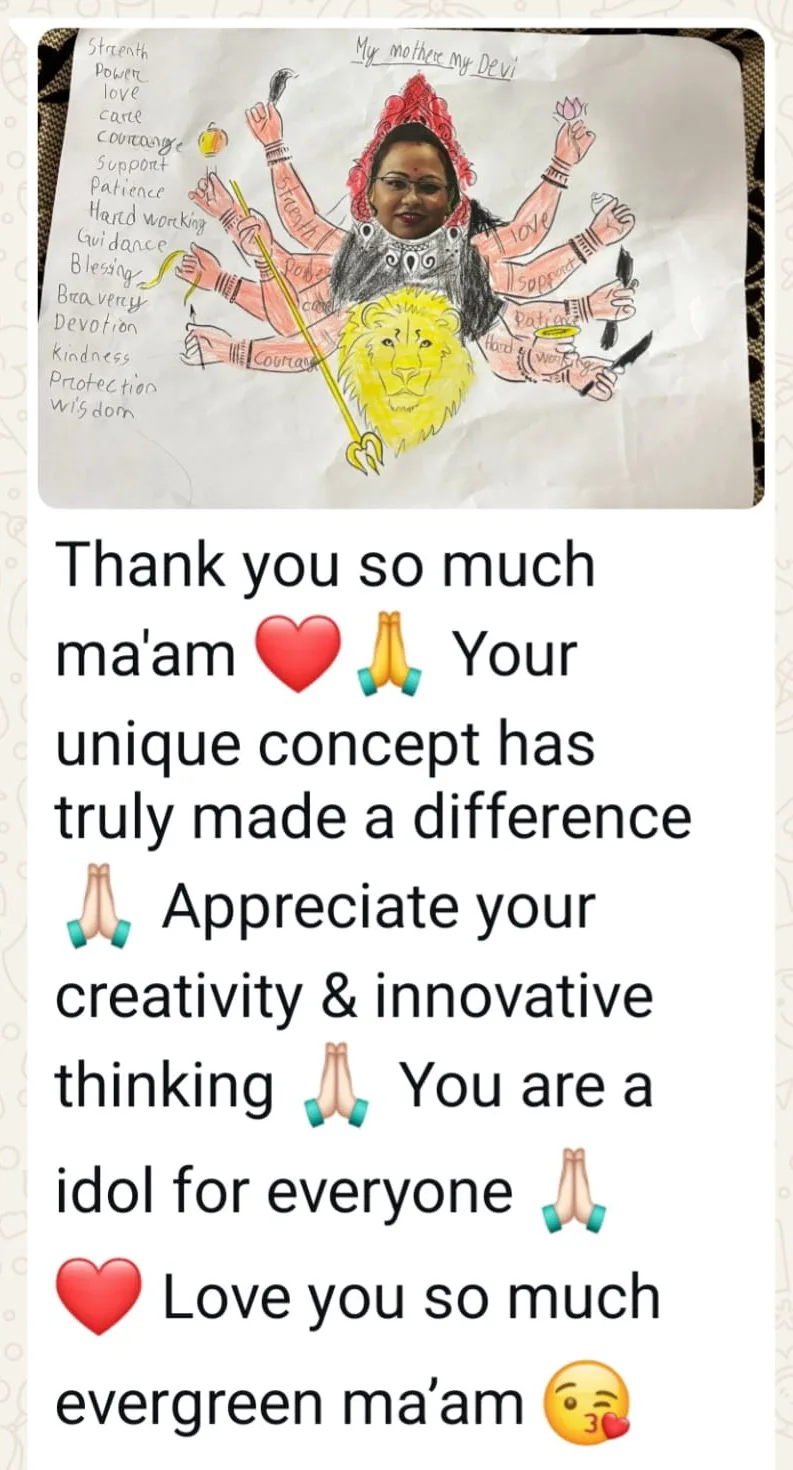
One of the most innovative and unique features of this pioneering approach was the Wisdom Finishing School Programme (WFSP). Unlike conventional schools that focus almost exclusively on academic performance, WFSP was a full-fledged finishing school module embedded directly into the core curriculum. Its aim was multifaceted: to foster personality development, cultivate a global outlook, and meticulously polish presentation skills in every sphere of life.This initiative recognized that true success extends beyond grades; it encompasses confident communication, refined social skills, and the ability to present oneself effectively in diverse contexts. The WFSP provided students with a structured environment to develop these crucial attributes, preparing them not just for examinations but for life. It was a bold departure from the norm, signaling Panchami’s commitment to nurturing individuals who are articulate, poised, and capable of making a significant impact on the world. This foresight in integrating soft skills and personality development into core education stands as a testament to her deep understanding of what truly prepares a child for the future.
Through the Wisdom Finishing School Programme modules children are made aware of world music, art, updates on environment, science, technology, sports and world affairs. Through six seasons students have learnt about artists like Jamini Roy, Monet and Van Gogh, their life and works, dance forms like the ballet – Swan Lake and Nut Cracker, Sir David Attenborough and his life’s work, about India’s space programmes like Mangalyaan and Chandrayaan, amongst many others.
Breaking away from the conventional mould of school education demanded immense courage and conviction. Initially, stakeholders, including parents and peers, exhibited a degree of wariness. The new philosophy and approach were met with skepticism; some regarded it as a “dilution” of traditional academic rigor, while others viewed it as “regressive.” This initial resistance was understandable, given the deeply ingrained perceptions of what constituted a ‘good’ education.
However, Panchami remained resolute. Her steadfast belief in the transformative power of this holistic approach never wavered. The true turning point, remarkably, came from the most unexpected quarter: the children themselves. It took two academic sessions for parents to fully embrace the changed pedagogy. Their opinions changed through the attitude and response of their own little children, who adopted the school and its mentors with “unbridled joy,” looking forward to coming back to school every morning. This genuine affirmation from the students, coupled with the visible positive changes in their demeanour and development, began to melt away parental reservations. This affirmation from children and parents ignited a spark that quickly spread through the community, inspiring peers in the city’s education space to adopt similar progressive approaches in their institutions. This organic acceptance, driven by the pure delight and engagement of the students, underscored the intrinsic value and effectiveness of Panchami’s vision. It proved that when education genuinely resonates with a child’s natural curiosity and developmental needs, it naturally gains acceptance and inspires wider adoption.
Recently, in July 2025, schools in Kerala made headlines for implementing classroom seating arrangements that eliminated the traditional concept of “backbenchers,” promoting a more inclusive learning environment. Remarkably, this progressive practice had already been adopted at The DN Wisdom Tree Global School way back in 2021. This proactive step reflects the school’s intrinsic commitment to the spirit of inclusion at its very core, ensuring that every child feels equally valued and engaged in the learning process, long before it became a talking point in national education discourse.
In a truly distinctive move, The DN Wisdom Tree Global School stands as the only global/international school in Eastern India to inculcate the wisdom of Shrimad Bhagavad Gita, which Panchami views as the ultimate fount of wisdom and life skills. This profound spiritual text is integrated into daily life at the school through daily chanting by each and every child, followed by the explanation of the verses. This practice, often led by Panchami herself, aims to impart timeless ethical principles, resilience, and foster emotional intelligence, while instilling a sense of moral clarity in students from a young age. It’s a powerful testament to the school’s belief in the holistic development of character and values.
Panchami Manoo Ukil is not just an educationist but also an awarded and renowned conservationist, specifically applauded for her sterling contribution to community and avian conservation in Mangalajodi wetlands in Chilika, and for introducing community birdwatching in Odisha. This deep passion for nature is seamlessly woven into the school’s fabric. Panchami has ensured that nature conservation and sustainability are not just theoretical concepts but are integrated into everyday discussions and practice.
Students at the school regularly undertake a single-use plastic audit every quarter, fostering a practical understanding of waste management. They embark on visits to fragile and endangered ecosystems like Mangalajodi wetlands, gaining firsthand experience of ecological balance and threats. Nature walks and bird walks led by Panchami herself provide immersive learning experiences, connecting children directly with the natural world. Tree planting initiatives further instill a sense of responsibility. Through these activities, students gain an overall understanding of the spirit of eco-consciousness and the urgent need to become climate warriors in the era of climate change. Since 2018, the festival of Rakshabandhan means celebrating Vrikshbandhan for students and mentors of The DN Wisdom Tree Global School, when children make eco-friendly ‘rakhis’ and tie them on trees, promising to protect them through life. Use of natural ingredients like haldi, rice paste, flowers, leaves, and twigs, banana stem and the like, as well as recycled material are used for celebrations, crafts and learning activities, with a strict ban on use of thermocol and plastic.
Furthermore, in 2019, Panchami initiated the Mission Palash programme to restore the lost Palash (Butea monosperma) species in Bhubaneswar city, demonstrating a tangible commitment to local biodiversity.
The school celebrates major Indian festivals like Rath Yatra, Kartika Purnima, Basant Panchami, Ganesh Chaturthi, and Janmashtami in authentic and traditional styles. Critically, the underlying lessons and cultural significance of each festival are imparted to the children, facilitating a deeper understanding of the cultural ethos rather than mere celebratory rituals. This practice imbues students with a sense of pride in their heritage and an appreciation for the rich tapestry of Indian traditions.
Moreover, traditional art, music, and dance forms of Odisha, such as Jha Champu, Rabana Chhaya, Pattachitra, Danda Nacha, and Baunsa Rani, are introduced to the children, alongside treatises like the Natyshastra, and epics like the Ramayana and Mahabharata. This exposure to regional arts helps preserve and promote indigenous culture, providing students with a well-rounded appreciation for India’s artistic legacy. Through curated special sessions, film screenings and presentations, students are also introduced to different cultural, literary and environmental aspects like learning about the legendary Odia primer Chhabila Madhu Barnabodha, Raghurajpur – the heritage crafts village, Dhauligiri and the Ashokan Rock Edicts, Emperor Kharavela and the inscriptions in Udayagiri Caves, Hirakud Dam, forests of Similipal and Chandaka, and Khairi, the tiger princess. Field visits led by Panchami to ancient heritage sites like Ratnagiri, and to Suando, birthplace of Utkalmani Pandit Gopabandhu Das, museum visits to the State Museum, Science Museum, Tribal Museum and Kalabhoomi, and to Maniabandha weavers, enable an immersive experience for students. Visiting the Shree Mandira Parikrama Prakalpa and learning about Jagannath Culture, which prescribes the ideal way of life, ensures a sensitive cultural consciousness in children. It is Panchami’s vision that students of The DN Wisdom Tree Global School develop heritage roots and get global wings.
Panchami is a sincere patron of handlooms, and her commitment to this traditional craft extended to the school environment. In 2018, she introduced the handloom dress code for mentors of The DN Wisdom Tree Global School. This pioneering move, aimed at promoting sustainable fashion and supporting local artisans, was subsequently adopted by the Government of Odisha just a few months later, when they introduced a handloom dress code for all government school teachers. Panchami has been a handloom influencer for over a decade, inspiring an entire band of youngsters and adults alike towards wearing and promoting handlooms and weavers, effectively transforming a personal passion into a wider social movement.
In a significant step towards fostering healthy habits, Panchami initiated a sugar-free and maida-free menu in the meals served at The DN Wisdom Tree Global School in 2022. This was a proactive and vital move towards inculcating healthy eating habits in children from a young age. Sugar has been consciously replaced by jaggery, and maida (refined flour) has been replaced by millets. This visionary approach to school nutrition predates broader public health campaigns; notably, the Government of India has recently called for signages announcing the consumption of fried and sugary items as health hazards, validating Panchami’s foresight.
Since 2018, the school has had a Heritage Code in place to introduce children to the legacy of India’s rich civilizational culture through exposure visits to heritage sites, films and discussions on heritage. This dedicated emphasis on heritage ensures that students are well-versed in their historical and cultural roots, their tangible and intangible heritage. The NEP 2020 subsequently included heritage as an integral part of co-scholastic education, once again highlighting how The DN Wisdom Tree Global School was already implementing best practices years in advance.
As the school leader, Panchami masterfully wields the language of love within the educational sphere. Her inherent warmth, loving nature, and open demeanour act as a powerful magnet for children. Witnessing them naturally gravitate towards her is a common sight; they swarm around her, their reluctance to disengage a clear testament to the profound connection she fosters. This effortless bond, observed time and again, underscores her unique ability to create an environment where young learners feel deeply cherished and understood, proving that genuine affection is a cornerstone of effective education.
Panchami stands out as a leader dedicated to cultivating new leaders through empowerment. A keen listener, she firmly believes that genuine ownership blossoms in employees only when they’re truly empowered. Panchami meticulously builds confidence within her team through personalized mentoring, consistently encouraging and inspiring them to embrace leadership roles, while expertly guiding them every step of the way.
Her teachers consistently praise her as an exceptionally democratic leader, highlighting her ability to transform the workplace into a truly joyful environment. This democratic approach, coupled with her unwavering support and belief in her team, fosters a culture where individuals feel valued, trusted, and motivated to grow, ultimately creating a ripple effect of leadership throughout the organization.
As The DN Wisdom Tree Global School prepares to move into Grade 10, the tangible results of this unconventional approach are clearly apparent in the students. In an era where technology often compels a singular, isolated existence, students of Wisdom Tree stand out as remarkably joyful, empathetic, collaborative, adaptive, resilient, and social. They have visibly imbibed values and skills that keep them sensitive to the world around them.Their sense of admiration and deep attachment with Panchami Manoo Ukil herself is a powerful attestation to the fact that to truly transform education, “one has to embrace the road not taken.” Panchami is not just an administrator; she is a leader who believes in “having her skin in the game,” actively engaging with every aspect of the school’s philosophy and daily operations.
Panchami Manoo Ukil is an education leader with a profound difference. Her pioneering efforts have not gone unnoticed. She has been awarded by Education World and Education Today for transforming the education space, recognizing her innovative pedagogical models. Furthermore, her deep commitment to conservation was acknowledged with the prestigious Wildlife Service Award 2022 by Sanctuary Asia. In July 2025, Panchami received the FEMINA ACHIEVERS – ODISHA 2025 Award for her unique contribution to the field of education. The award recognizes her dedication, impact, and continued excellence in the education domain, that have set a benchmark and inspired many in the region.
Panchami has developed a truly unique model of learning that holds the potential to be a game-changer in school education. By blending the best of the traditional and the modern, and actively working to restore the lost glory of the Indian Knowledge Systems, she has created an educational environment that prepares children not just for academic success, but for a life of purpose, wisdom, and meaningful contribution to society. Her work at The DN Wisdom Tree Global School serves as a beacon, demonstrating that a holistic, value-driven, and culturally rooted approach to education is not just desirable but essential for nurturing the global citizens of tomorrow.

Bije Pratima

Mahagopanare Mahabahu
